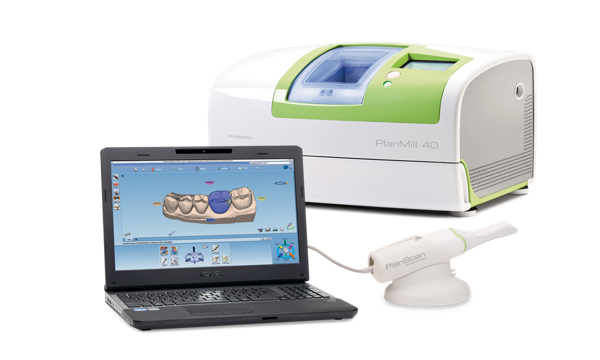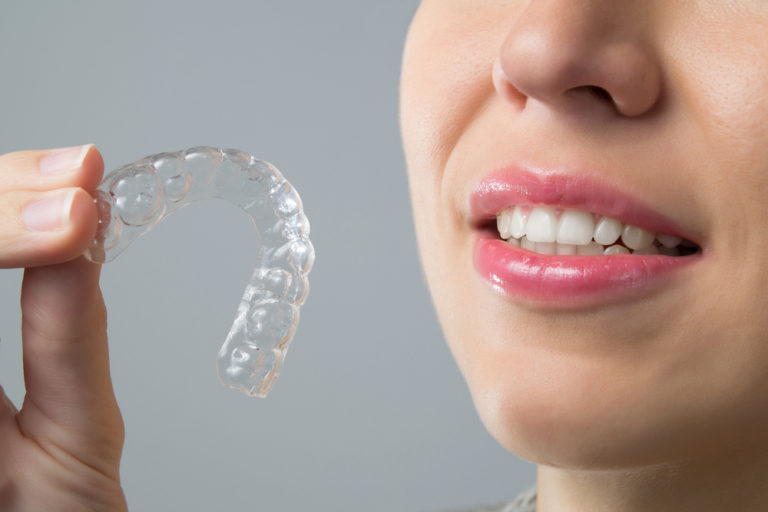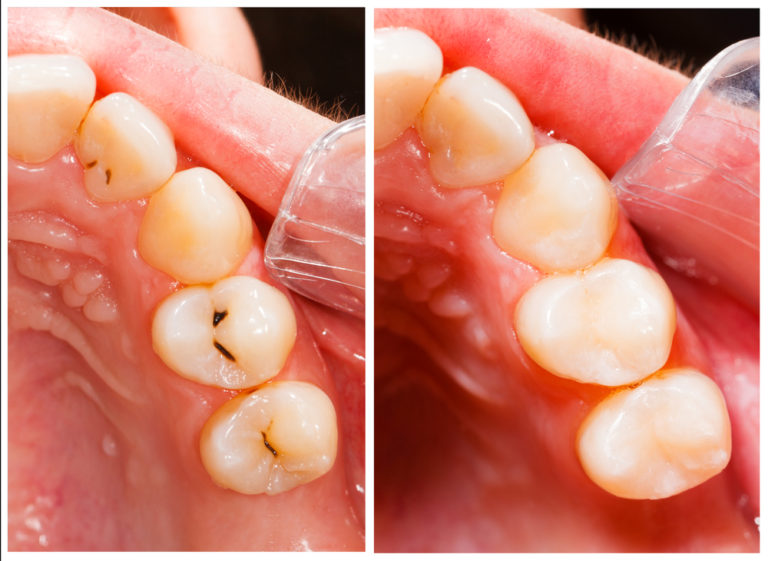We specialize in TMJ Treatment at Fedorciw, Massoumi & Guerette, focusing on addressing disorders of the temporomandibular joint – the crucial hinge connecting your jaw to your skull. Effective TMJ Treatment is key to reducing pain, enhancing jaw functionality, and boosting overall oral health
TMJ refers to the temporomandibular joint, which is the bone structure, muscles and connective tissues that surround the jaw and control chewing. When patients experience disorders of this joint, they are said to have a temporomandibular joint disorder or TMD. Symptoms of TMD include pain and tenderness near the jaw, as well as popping or clicking in the joint when speaking or chewing. There are many ways of treating TMJ disorders, ranging from non-invasive therapy and bite splints to injections or surgery. Left untreated, however, TMJ disorders can lead to headaches, muscle pain, malocclusion and tooth damage from grinding or clenching.
Did you know…
that TMD alone is not a disorder, but instead a collection of disorders that affect the temporomandibular joint? It is the second most common pain-causing musculoskeletal condition in the U.S. according to the U.S. National Institute of Dental and Craniofacial Research, as many as 12 percent of Americans may suffer from some type of TMD, with women twice as likely to be affected than men. But despite the prevalence and wide availability of treatment, only one out every three people with TMD fails to seek treatment.
Symptoms of TMJ Disorders
If you’re experiencing any of the following symptoms, it might indicate a TMJ disorder:
- Jaw pain or tenderness
- Difficulty in opening or closing the mouth
- Clicking or popping sounds in the jaw
- Earache or pain around the ear
- Headaches or migraines
- Facial pain
Why TMJ Treatment is Needed
TMJ disorders can lead to discomfort, impaired jaw function, and can impact overall quality of life. Addressing these issues promptly can prevent further complications and alleviate pain. Our team in Cromwell, CT, is experienced in diagnosing and treating these conditions effectively.
Treatment Process
The approach to TMJ treatment involves several steps:
- Comprehensive Evaluation: Assessing your symptoms and jaw function.
- Diagnosis: Using advanced imaging techniques to confirm the presence of a TMJ disorder.
- Personalized Treatment Plan: Developing a customized treatment strategy which may include oral appliances, medication, or therapy.
- Ongoing Support and Adjustment: Regular monitoring and adjustments to ensure the effectiveness of the treatment.
Prevention
To help prevent TMJ disorders:
- Practice stress-reducing techniques to minimize jaw clenching.
- Avoid chewing gum and hard foods.
- Use proper posture to reduce neck and facial strain.
- Consider physical therapy exercises to strengthen jaw muscles.
Outlook
With proper treatment, most individuals with TMJ disorders experience significant relief from symptoms and improved jaw function. The prognosis is generally favorable, and our team is committed to providing the highest standard of care.
Frequently Asked Questions
How do I know if TMJ treatment is right for me?
You will first need to be formally examined and diagnosed with TMJ disorder. You dentist will evaluate the extent of the condition and determine what course of treatment is best for you. Usually, the initial approach involves conservative treatments, such as self-care, physical therapy and bite guards. Medications may also be used to relax the jaw or relieve pain. Patients who do not respond to conservative treatments may be considered for surgery or joint injections.
What should I expect if I undergo treatment for TMJ
TMJ treatment varies from patient to patient, so your experience may be very different than someone else’s. You’ll probably be asked to adopt certain lifestyle changes to help facilitate rehabilitation in your jaw. For example, you may be asked to avoid sudden jaw movements, such as yelling or yawning. You may also need to begin sleeping on your back and take steps to reduce your stress levels.
Will I need to follow any special post-care instructions while being treated for TMJ?
Your post-treatment care instructions will vary according to the type of treatment you receive. If you undergo an aggressive treatment, such as surgery, you may be temporarily subject to an all-liquid diet. You’ll also need to apply ice to the face to minimize swelling and also keep the surgical site clean and dry.
Ready to Alleviate Your TMJ Symptoms? Contact Us Now!
Don’t let TMJ discomfort disrupt your life. Our expert team at Fedorciw, Massoumi & Guerette is here to provide effective, personalized TMJ treatment solutions. For a comprehensive evaluation and to start your journey towards relief, call us at 860-635-4666 today.





